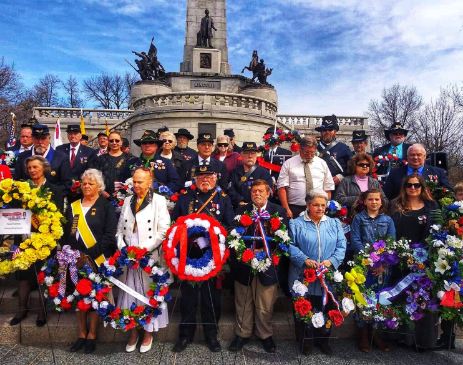The Lieber Code
Prior to the commencement of hostilities in the Civil War there were no written rules for the way in which an army was to conduct war. The First Geneva Convention would not happen until late 1863. President Lincoln directed that Francis Lieber, a professor of law, draft a paper effecting how the Union Army should conduct itself during time of war. Mr. Lieber’s rules of conduct for war became General Order 100, accepted by President Lincoln and issued by the Adjutant General on April 24, 1863. While this General Order affected only the United States, it has become, what some scholars believe, the cornerstone for the internationally accepted Geneva Convention rules.
Historians who have viewed the Civil War through the actions of its generals have hotly debated the Lieber Code, as it has also been called. Two such debates/articles that bare merit are: GENERAL WILLIAM T. SHERMAN: WOULD THE GEORGIA CAMPAIGNS OF THE FIRST COMMANDER OF THE MODERN ERA COMPLY WITH CURRENT LAW OF WAR STANDARDS by Thomas G. Robisch, and THE HISTORY OF THE LAW OF WAR ON LAND by Howard S. Levie. As you read the rules established by Mr. Lieber, I will leave you to debate and contemplate how generals, on both sides, adhered to, ignored or interpreted them. Whatever your decision, a true scholar of this bloody conflict should be aware of the rules under which it was fought.
This Document is 23 pages long, so it is only available as a PDF.






